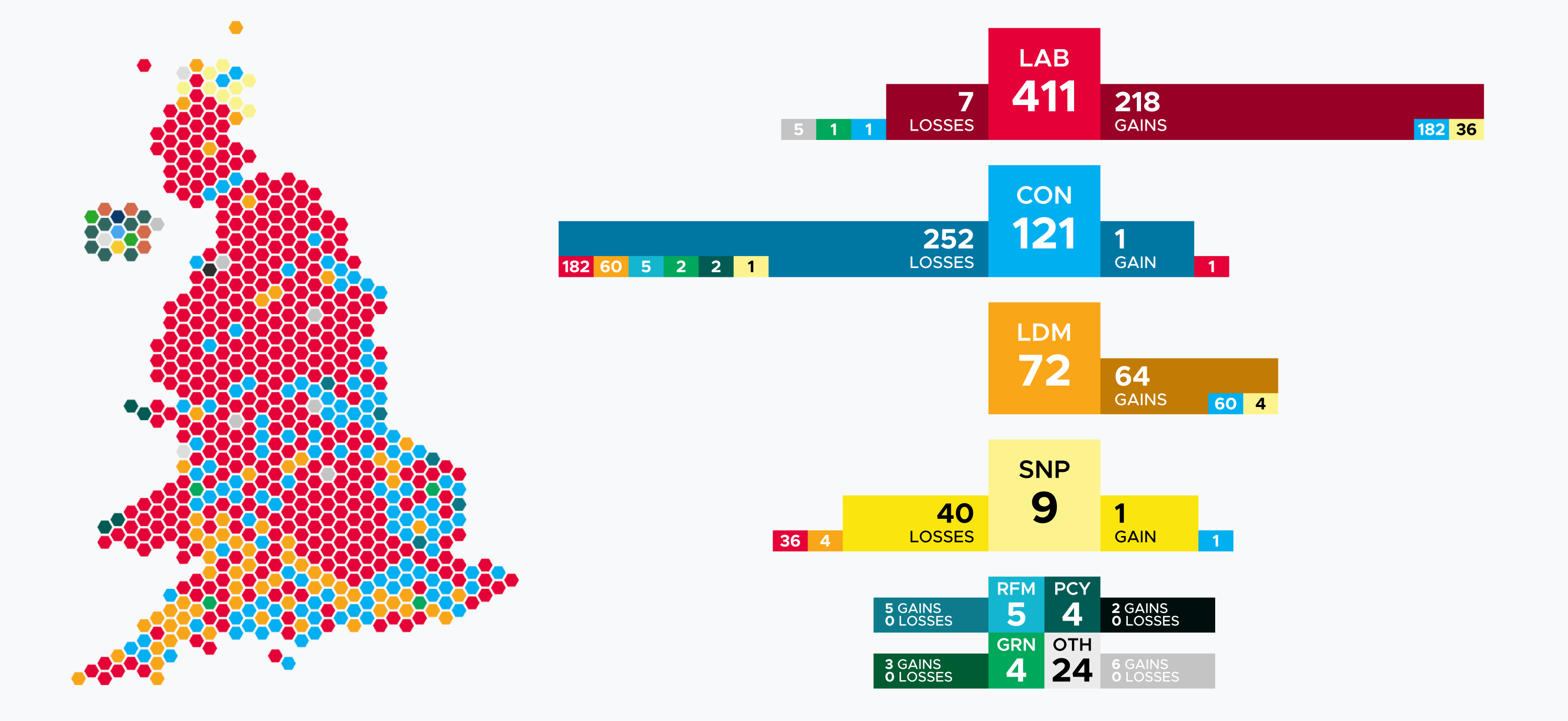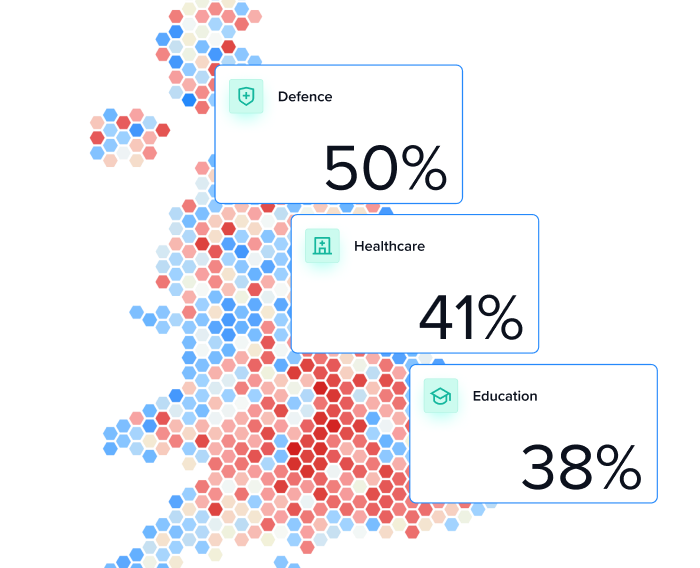Blogs
Through extensive testing and trialing (read: putting our work under the noses of our most demanding clients!), the analytics team at Focaldata have identified three powerful frameworks you can now use with your large qual datasets: Laddering Analysis, Topic Modelling and Sentiment Analysis and Generative Recommendations that are bound to impress. These are not as scary as they sound – they’re real, usable ways to get more out of your qual data.

Focaldata ran a poll on behalf of Our Scottish Future, exploring the British public's view on child poverty. We surveyed a nationally representative sample of 2,063 adults in the UK between 6 and 7 March 2025. The data was weighted by age, gender, region, education (2-levels), ethnicity and 2024 General Election vote.

As the official data partner of this year’s London Defence Conference, we recently surveyed the British public on themes including defence, policy and spending trade-offs, and the most convincing message carriers on these issues.

Only 35 per cent of the public are committed to increases, with one in three adults in favour of the status quo

The Liberal Party of Canada appears on course for a narrow victory in Monday’s federal election, holding a 3-point lead over the Conservatives.

Meeting people through volunteering or a hobby builds ‘social capital’ and we need more of it




